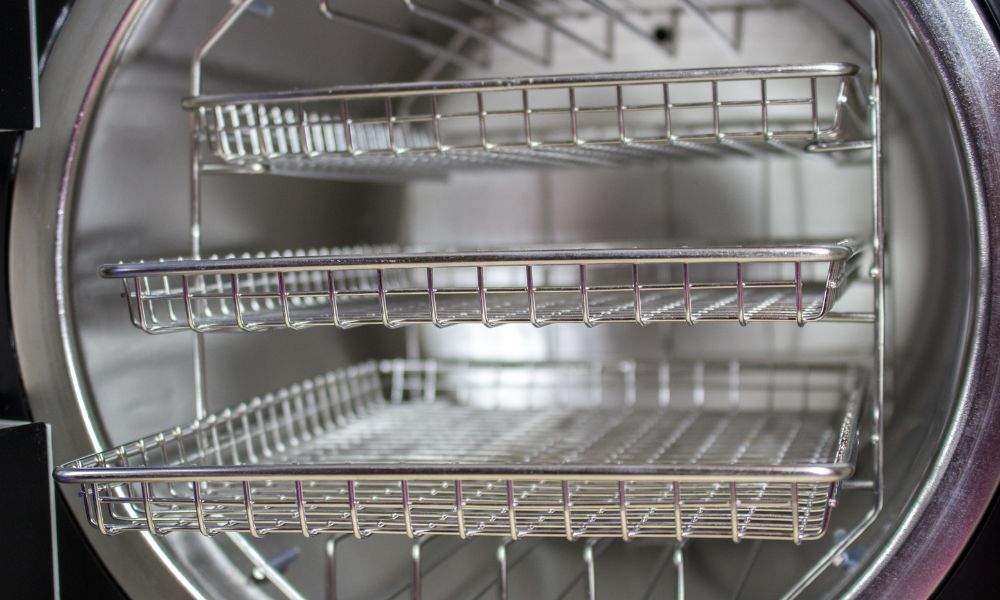Reusable medical devices must be processed in between uses from patient to patient. Manufacturers must develop a sterilization process and work with a laboratory to validate the process so that it can be repeated in a clinical setting. Safety is the top priority when validating sterilization reprocessing in the manufacturer’s instructions for the use of reusable medical devices.
What does this testing involve, and how do laboratory testing professionals determine the effectiveness of sterilization? We will discuss the science behind sterility testing for medical devices and what you need to know about the process.
The Basics of Sterility Testing
Sterility testing determines whether a product is free of microbial contamination. This occurs by exposing the medical device to a sterilization process and then testing for signs of growth by microorganisms. Two primary methods of sterility testing include direct inoculation and membrane filtration.
Direct inoculation involves introducing a microbial suspension directly to the product and incubating it under specific conditions to identify bacterial growth. Membrane filtration, on the other hand, involves passing a part of the product through a membrane filter to trap microorganisms. The membrane relocates to a growth medium where viable microorganisms will multiply.
The purpose of sterility testing is to determine how well bacteria latch onto a surface and grow. If the product’s sterilization processes do not prevent growth and the appropriate sterility assurance level is not achieved, changes need to be made to the sterilization process so it is more robust.
The Importance of Thorough Sterility Testing
There is no overstating the significance of sterility testing in the medical device industry. The presence of microbial contamination on medical devices can lead to healthcare-associated infections (HAIs) among patients, which can be life-threatening. Validation testing ensures medical devices are free of microbial contamination, assuring medical professionals and patients that the tools are safe for use.
The Importance of Validation Testing
Validation testing ensures the safety and effectiveness of medical devices. It is the responsibility of manufacturers to carry out these tests to the appropriate regulatory standards and submit them to regulating bodies for approval before marketing them for sale. At HIGHPOWER labs, we provide steam sterilization validation, which is the most used sterilization process in the industry. As an independent, third-party testing laboratory with over 30 years of experience working with reusable medical devices, we help medical device manufacturers meet the requirements of their respective industries and protect the safety of patients and medical professionals. Contact us today to learn more about our services and how we can help with your validation testing.
